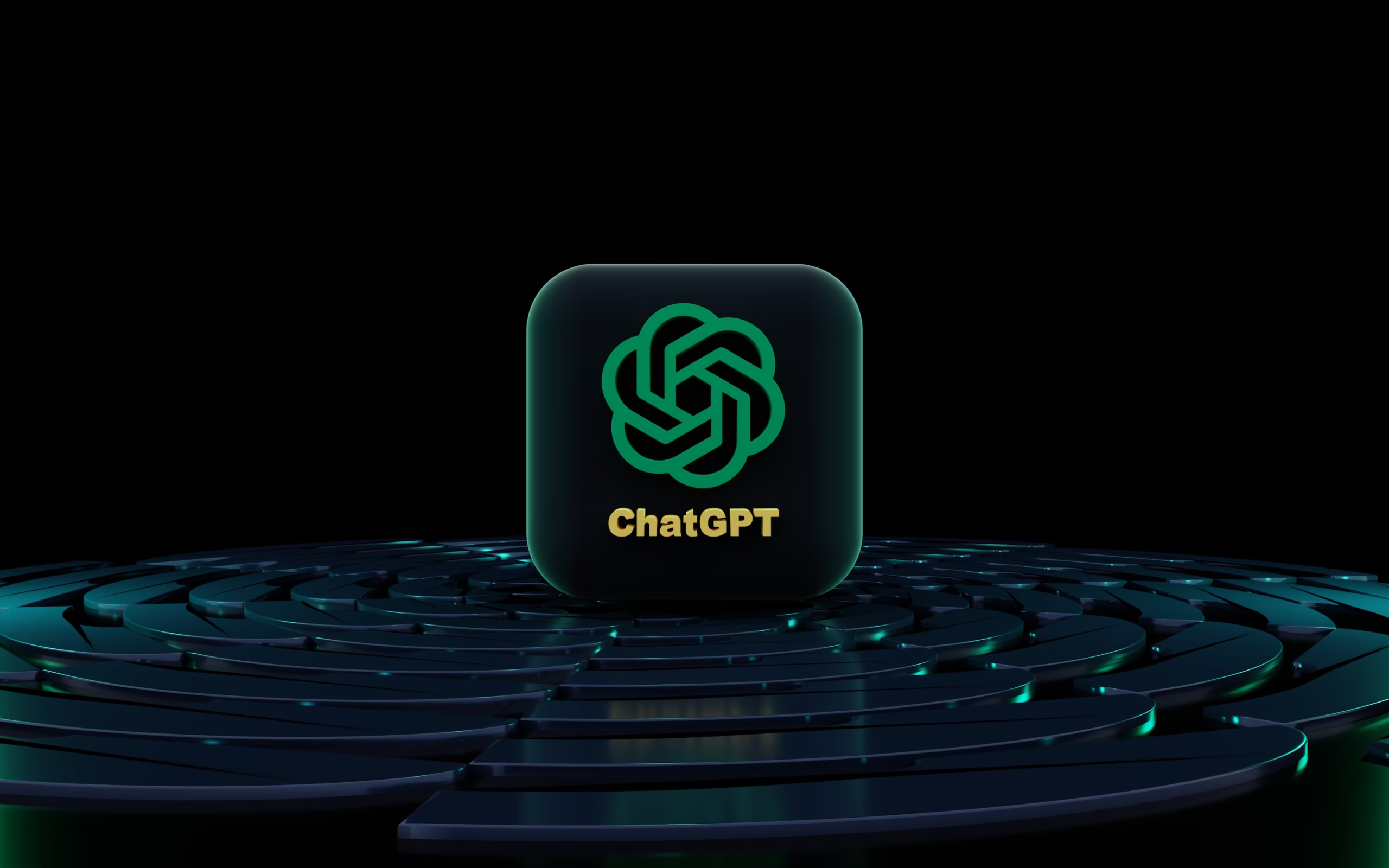The rise of generative Artificial Intelligence (AI) tools like ChatGPT, Midjourney, and ElevenLabs has opened exciting new creative opportunities for influencers and content creators. From writing scripts to generating artwork and voiceovers, AI can help creators streamline content production, expand creative possibilities, and unlock entirely new forms of storytelling.
But these new tools come with important legal considerations. As creators and brands increasingly integrate AI into campaigns, it’s critical to understand how intellectual property rights, confidentiality obligations, and disclosure rules apply, especially in paid partnerships.
Here’s a quick legal guide to navigating these three areas so your AI-powered content is not only creative, but also legally compliant and protected.
1. Who Owns AI-Generated Content?
Many AI tools’ terms of service state that users own the outputs they generate, but that ownership isn’t always clear-cut. In the U.S., courts and the Copyright Office have taken the position that works created solely by machines (without human authorship) are not eligible for copyright protection.
Why this matters:
If your content heavily relies on AI-generated visuals or scripts, you may not be able to stop others from copying or repurposing that content. To strengthen your rights, ensure there’s a meaningful degree of human creativity layered onto anything AI-generated..
Pro tip for brand deals:
When working with a brand, lock down in writing who owns the final content, including any AI elements, so there’s no dispute later over rights, reuse, or monetization.
2. Confidentiality & AI in Brand Partnerships
If creators use AI tools when servicing a brand deal, they may unintentionally expose sensitive information. Many AI platforms store or process inputs, meaning that materials such as brand creative briefs, unreleased campaign concepts, product images, or proprietary marketing strategies entered into an AI system could be retained or even used to train it.
Why this matters:
If confidential brand materials end up public, it can undermine a campaign, breach NDAs, and damage trust between the brand and creator.
Best Practices:
- Check the privacy policy: Review the AI tool’s terms to see if your inputs are stored, shared, or used to train the model.
- Remove identifiers: Strip out any client or brand names, logos, or campaign tags before entering information.
- Avoid sensitive uploads: Don’t upload materials marked “Confidential” or containing trade secrets into AI tools without brand approval.
- Use approved tools: Confirm the brand’s stance on AI usage and stick to platforms they’ve authorized.
- Document your process: Keep a record of what was entered into the AI tool and how it was used for transparency and accountability.
3. Disclosure and Authenticity
Influencers are subject to FTC disclosure requirements, and those rules may extend to the use of AI. For example, if you’re using AI to simulate a product experience or replicate a human testimonial, failing to disclose the use of AI could be considered deceptive advertising.
Why this matters:
If a creator uses AI in a brand deal without proper disclosure, both the creator and the brand may be held liable for misleading consumers. This can lead to reputational damage, regulatory fines, and strained relationships between the brand and the creator.
Tip:
Be transparent with your audience when AI plays a material role in your content creation, especially in paid partnerships or sponsored content. Brands should set clear guidelines for creators on if, when, and how AI use must be disclosed in alignment with FTC rules.
Our advice:
If you’re a creator working with a brand, read your contract carefully to see whether it prohibits AI use or requires approval. On the flip side, brands should consider adding AI-related clauses to influencer agreements to avoid confusion later.
Final Thoughts
AI is here to stay, and creators who use it thoughtfully can find exciting ways to scale and innovate. But the legal implications, especially in areas like IP ownership, confidentiality and disclosures, are still evolving.
We’re keeping a close eye on how AI is reshaping the creator economy. If you’re a creator, brand, or agency navigating AI and content, we can help. Our attorneys can help you navigate brand partnerships, sponsorship deals, and emerging AI issues with confidence. You can contact our attorneys here.





